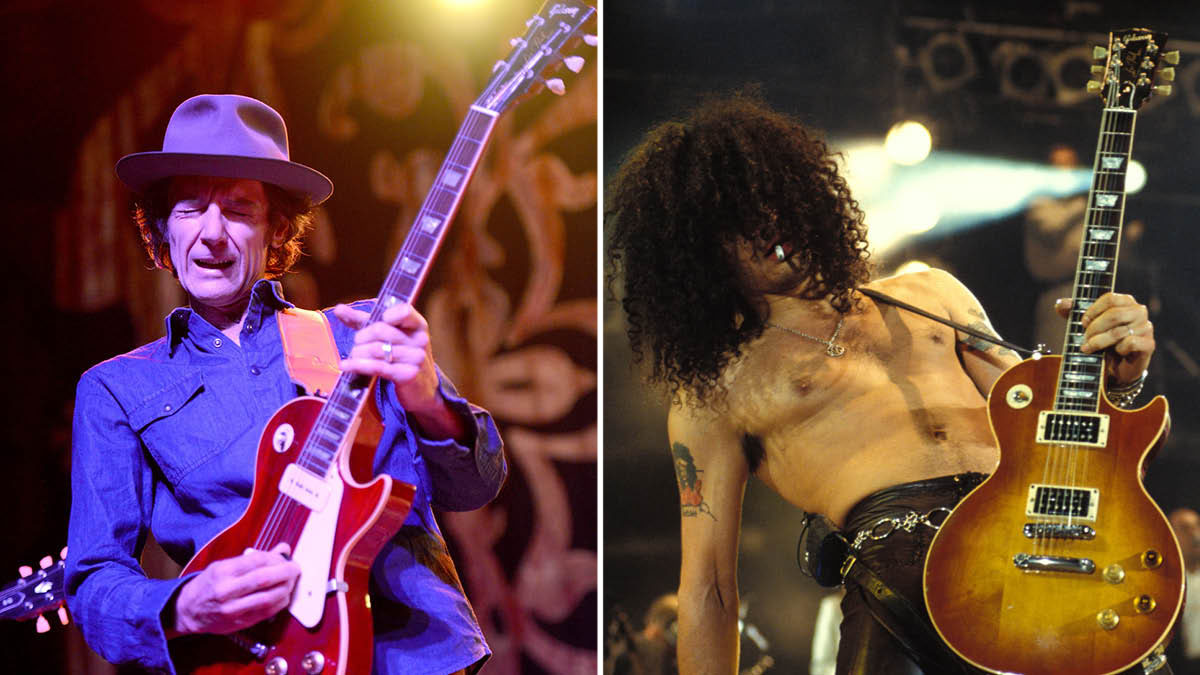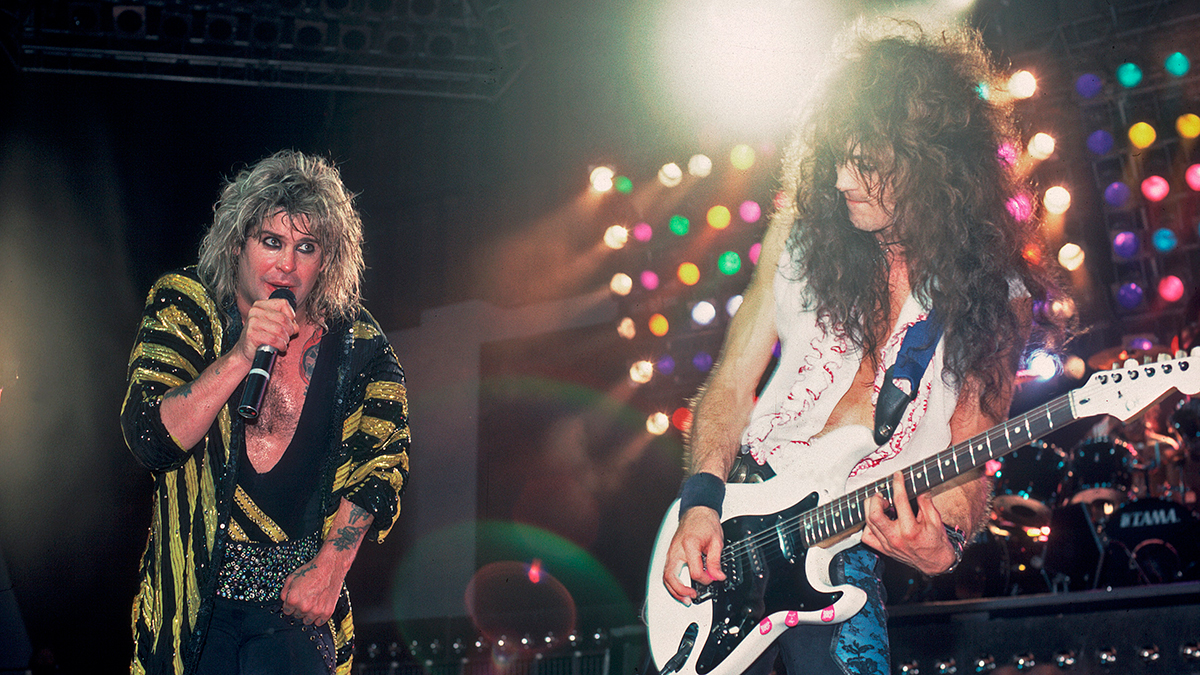“I would have gotten bored, and that would have been dangerous”: Marc Ford explains why he turned down Guns N’ Roses in favor of the Black Crowes
Ford says even Slash agreed that it would not have suited him to simply play back-up in GNR when he was asked to replace Izzy Stradlin

Marc Ford has opened up on one of rock’s great sliding doors moments when he turned down the offer to replace outgoing Guns N’ Roses rhythm guitarist Izzy Stradlin in favor of staying on with the Black Crowes.
Ford had scarcely got his feet under the table with the Atlanta retro blues-rockers when an offer came in: would he hook up with Guns N’ Roses for a stadium tour, taking up the role vacated by Stradlin? It was an offer he couldn’t refuse. And yet he did refuse it, and to this day does not regret it.
In an interview with Guitar World, Ford says that even Slash understood where the widely respected SoCal blues-rock ace was coming from.
“The music of the Crowes spoke to me a bit more,” Ford said. “But also – and even Slash agreed with me on this – the Crowes were a better fit for me over Guns N’ Roses because, with the Crowes, I could have more of a voice.”
Ford had just hooked up with the Robinson brothers with a remit to turn loose his electric guitar on lead. Guns N’ Roses were the biggest rock band in the world, but the Use Your Illusion tour had descended into chaos. There were riots. There were tantrums. Every night it was a circus, and Ford would have been looking on.
“If I had joined Guns N’ Roses that would have basically been me filling the role of someone having to back up Slash,” he says. “I don’t think it would have been all that fulfilling or satisfying to do that. I would have gotten bored, and that would have been dangerous…”
It would have been dangerous anyway. Guns N’ Roses were often called the most dangerous rock ’n’ roll band in the world in the mid ‘80s, but that was simply a comment on the localized debauchery as they exploded on the Sunset Strip scene.
All the latest guitar news, interviews, lessons, reviews, deals and more, direct to your inbox!
They were way more dangerous in the ‘90s, as at the Riverport Ampitheatre, when frontman Axl W. Rose crushed a mic in disgust and stormed off during Rocket Queen, with dozens injured in the three-hour riot that followed.
The Black Crowes might have witnessed frequent rioting, but at least they had the good grace to keep it in-house, with brothers Chris and Rich enjoying a combustible fraternal relationship, as brothers are wont to do.
More importantly, Ford would go onto form a brilliant partnership with Rich Robinson, honed over many miles on the road. Putatively, Ford was lead, Robinson was rhythm, but these roles had porous borders. Robinson’s writing suited Ford down to the ground.
“There wasn’t much discussion. Rich wrote the songs, so his parts were pretty much there and in place,” recalled Ford. “And as far as the call-and-response stuff – that really developed when we were out on the road. So by the time we got into the studio, there were a lot of things we’d already been doing live that we wanted to adapt. From there, we felt it out, and again, the biggest part of that was listening to each other very carefully.”
Jonathan Horsley has been writing about guitars since 2005, playing them since 1990, and regularly contributes to publications including Guitar World, MusicRadar and Total Guitar. He uses Jazz III nylon picks, 10s during the week, 9s at the weekend, and shamefully still struggles with rhythm figure one of Van Halen’s Panama.

